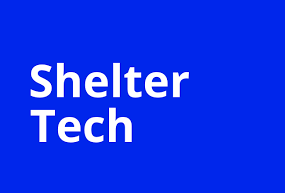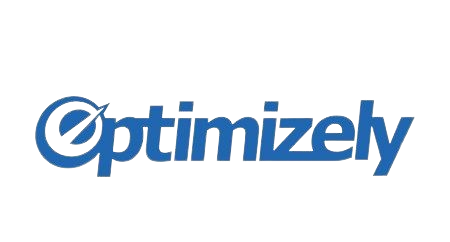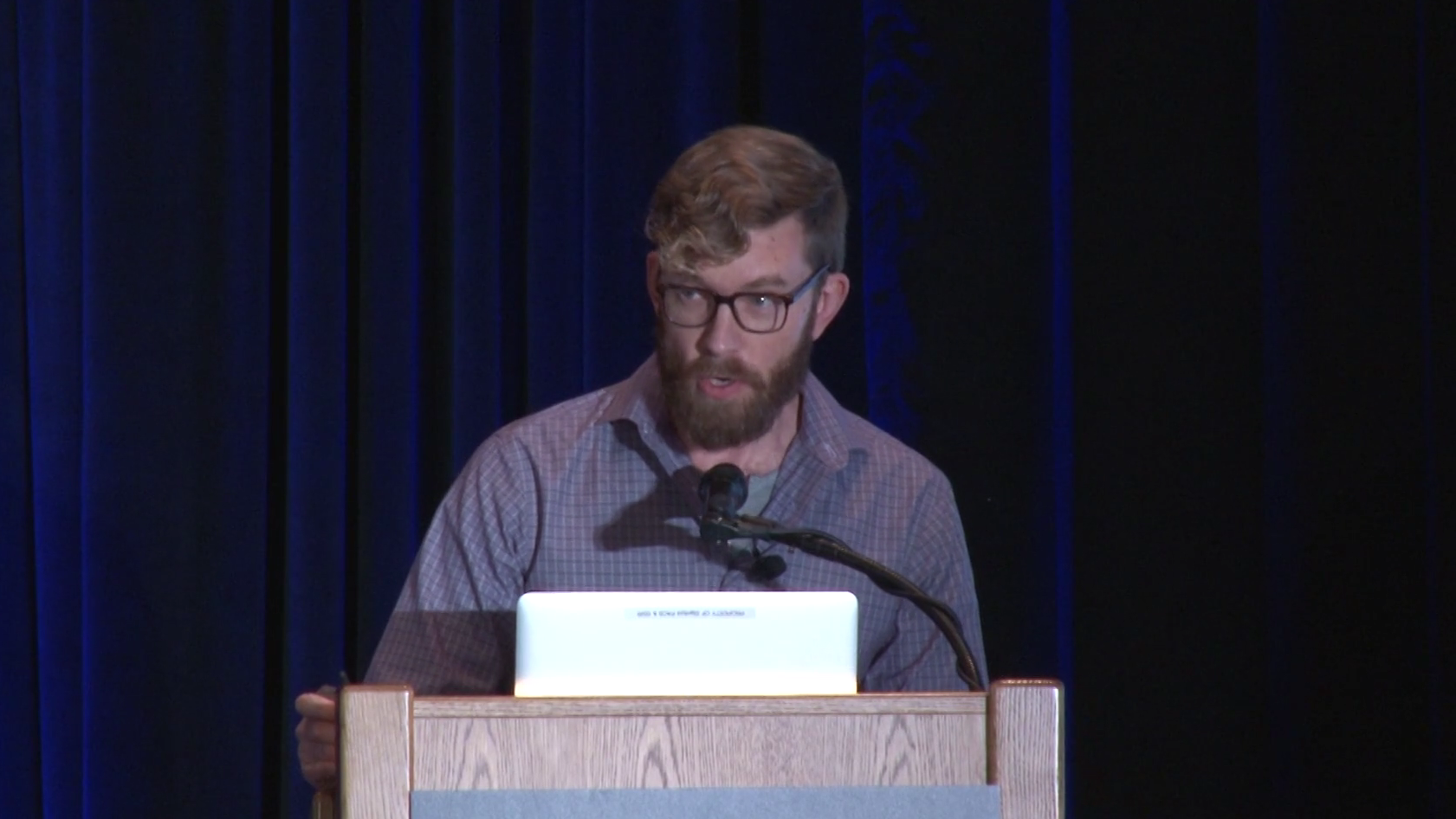Category: SF
-

Release Announcement: Benetech Service Net upgrade
[Welcome back to the blog, Benetech! This post is from KP Naidu, VP of Benetech Labs, with an update on their Service Net.] Here in Benetech’s home of the San Francisco Bay Area, our communities are facing compounding crises: the pandemic, economic crisis, and most recently out of control wildfires forcing thousands of evacuations…
-

Introducing Benetech Service Net
This post originally appeared on the Benetech blog and is reposted with permission. As inequality deepens in Silicon Valley and the San Francisco Bay Area – in Benetech’s backyard – the crises facing our neighbors in need continue to mount. This is happening despite the efforts of governments, philanthropies, nonprofits, and social good work by technology companies…
-

Building Both Technology and Community to Address Homelessness in San Francisco
ShelterTech is currently a 50 member strong all-volunteer non-profit, bringing free wifi and other digital tools to the homeless community of San Francisco. In November 2017, we won a grant from the Mayor’s Office of Housing and Community Development to collaborate with the SF Bar Association’s Homeless Advocacy Project to digitize their bi-annual print-only resource…
-

Hacking on Link With Optimizely And Benetech
Open Referral went to San Francisco on Wednesday August 9th to participate in a social good hack-day at Optimizely. In collaboration with our partner Benetech, Open Referral set up as one of the social good projects that 20+ employees worked on for the day. Overall, our team was strong in front-end web and mobile…
-

Talking Open Referral at Stanford’s Data on Purpose
Last month I visited Stanford to speak at the 2017 Data on Purpose conference, sponsored by Stanford’s Center for Philanthropy and Civil Society, the Stanford Social Innovation Review and Digital Impact (née Markets for Good). From Possibilities To Responsibilities: Unlocking Data and Unleashing Its Potential (Jake Porway et al) from Stanford PACS. Much of the…
-
California Health Data Project Creates New Role in Civic Tech
This piece is co-authored by Ash Roughani and Joel Riphagen, and has been cross-posted from TechWire magazine. When the California Health Care Foundation launched the California Health Data Project last spring, it made a smart decision to create a new role in the civic innovation space. The foundation brought on California Health Data Ambassadors to…
-
Introducing Link-SF to the Open Referral ecosystem
[Welcome to Rose Trujillo of Zendesk! This is cross-posted from Zendesk’s Zengineering Blog.] We’re happy to announce that Link-SF will be a part of Open Referral’s San Francisco pilot project! What is Link-SF? St. Anthony’s Tenderloin Technology Lab serves many low-income San Francisco residents that are looking for web access. Continue reading →
